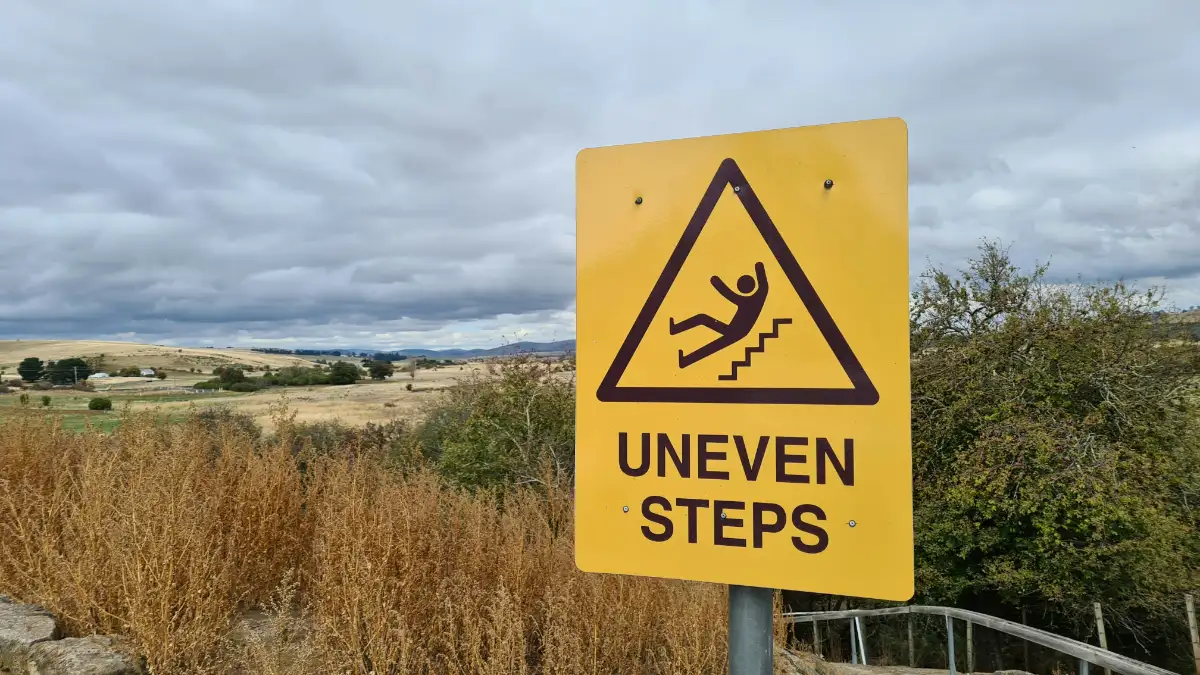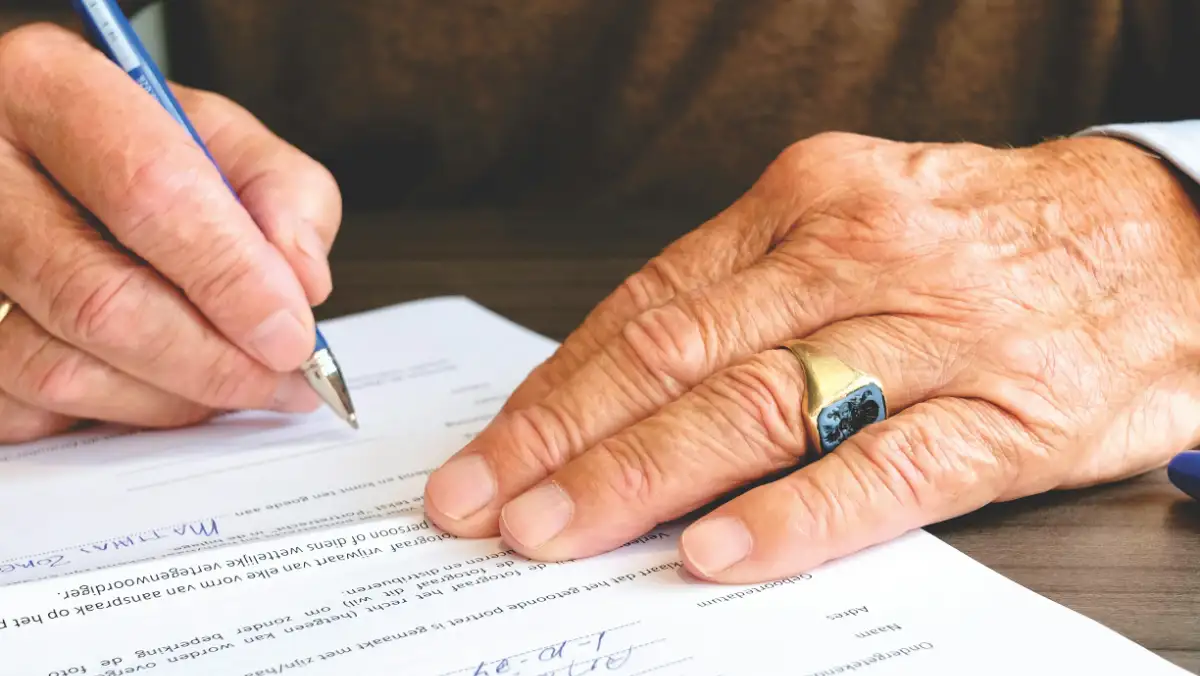Introduction
Slip and fall accidents can happen to anyone, anywhere. These accidents occur when an individual slips or trips over a hazardous condition on someone else’s property, such as loose flooring, cracked sidewalks, or poor lighting. If you’ve been involved in a slip and fall accident in Nevada, it’s important to understand who may be held responsible for your injuries. In this article, we will delve into the concept of liability in slip and fall accidents and explore how a personal injury lawyer can assist you in seeking compensation for your injuries.
Sources of Liability in Slip and Fall Accidents
According to the National Floor Safety Institute (NFSI), slip and fall accidents account for approximately one million emergency room visits in the United States each year. Nevada, with its numerous hotels, restaurants, and tourist attractions, is no stranger to slip and falls. When it comes to determining liability in these accidents, several parties can potentially be held responsible. Let’s take a closer look at these sources of liability.
Property Owners
Property owners, as designated by the deed of ownership, have a legal obligation to ensure that their property is safe for guests. This responsibility extends to not only discovering and warning guests of known hazards but also providing adequate insurance coverage to compensate guests for injuries sustained in slip and fall accidents. In residential settings, property owners often fulfill this obligation through homeowner’s insurance policies. On the other hand, commercial property owners typically rely on business insurance policies to protect themselves financially in case of accidents.
Property Possessors
In some cases, a property may be owned by one business but maintained and managed by another. In such instances, the property owner may not be aware of existing hazards and therefore may not be held responsible. Instead, the legal possessor of the property, as indicated in the lease agreement, assumes liability. Tenants who possess residential properties often protect themselves from liability through renter’s insurance policies. Similarly, business owners who lease buildings for their operations usually maintain business insurance to cover any potential injuries on their premises.
Managing Agencies
Managing agencies, such as governmental departments or property management companies, may also be held responsible for slip and fall accidents. These agencies are responsible for addressing property hazards on the properties they manage, ensuring the safety of public spaces, parks, and municipal buildings. Property management companies can be found liable if their contracted services include property maintenance and inspection. Additionally, cleaning service agencies may be responsible for hazards resulting from their cleaning activities, such as freshly mopped or waxed floors that are not adequately warned.
Proving Responsibility After a Slip and Fall Accident
To establish liability in a slip and fall accident, several elements must be proven. If you have been injured and wish to pursue compensation, you must demonstrate the following:
- The defendant owned, leased, or legally controlled the property and had a duty to ensure its safety for guests.
- The defendant failed to take appropriate measures to render the property safe, such as regular inspections, timely repairs, or sufficient warning signs.
- You suffered injuries as a direct result of the defendant’s negligence.
It is important to consult with a personal injury lawyer who specializes in slip and fall accidents to help you gather evidence and build a strong case.
Potential Exceptions to Property Owner Liability
While property owners and possessors generally have a duty to maintain a safe environment for guests, there are exceptions that may absolve them of responsibility. Two common exceptions include trespassers and the comparative negligence defense.
Trespassers
A trespasser is someone who enters or remains on a property without the owner’s consent. In Nevada, trespassing is considered a crime. Property owners do not owe the same duty of care to trespassers as they do to invitees or licensees. However, property owners must avoid intentionally luring trespassers onto their property to cause them harm. In most cases, property owners are not liable for injuries sustained by trespassers.
Comparative Negligence Defense
Nevada follows a comparative negligence rule when determining liability in personal injury claims, including slip and fall accidents. Comparative negligence means that an injured party can still recover compensation even if they bear some responsibility for their accident, as long as their contribution to the accident is less than 50%. However, the amount of compensation awarded will be reduced by the percentage of the injured party’s own negligence. Insurance companies often use the comparative negligence defense to shift blame and minimize the value of a claim, so it is essential to consult with a personal injury attorney to accurately assess your case.
Seeking Legal Assistance After a Slip and Fall Accident in Nevada
If you have been injured in a slip and fall accident in Nevada, it is crucial to seek legal assistance from a personal injury lawyer who handles premises liability cases. They can help you navigate the legal process and ensure you receive the compensation you deserve for your injuries. However, it is important to note that each case is unique, and the specific outcome of your claim will depend on various factors.
At ZT Law Group, we understand the complexities of slip and fall cases and are dedicated to representing our clients’ best interests. Contact our experienced personal injury attorneys for a free case evaluation. We will review the details of your accident, explain your legal options, and guide you through the process of seeking compensation. Let us fight for your rights and help you recover from your slip and fall injuries.
Conclusion
Slip and fall accidents can have severe consequences, often resulting in injuries and financial burdens for victims. Understanding who may be held responsible for these accidents is essential when seeking compensation. Property owners, possessors, and managing agencies all have different levels of liability depending on the circumstances. Proving negligence on the part of the responsible party can ensure that they are held accountable for your injuries. If you’ve been injured in a slip and fall accident in Nevada, don’t hesitate to consult with a personal injury lawyer who can guide you through the legal process and advocate for your rights. ***disclaimer*** In Nevada, in the event of a loss, you may be held liable for the opposing party’s fees and costs.


